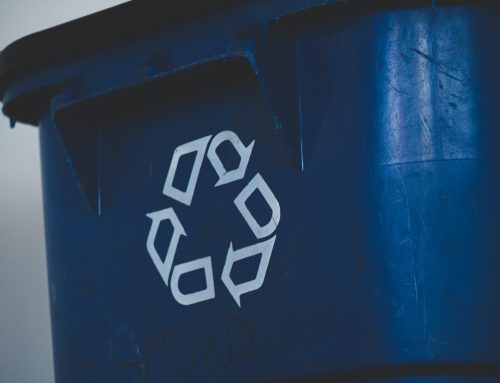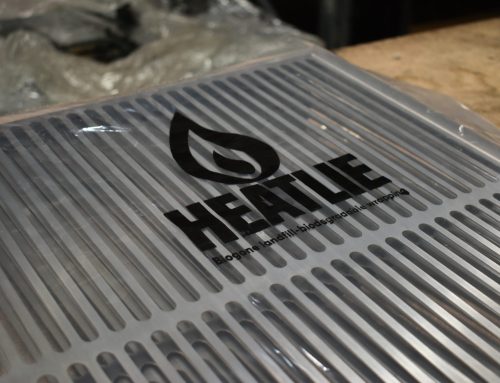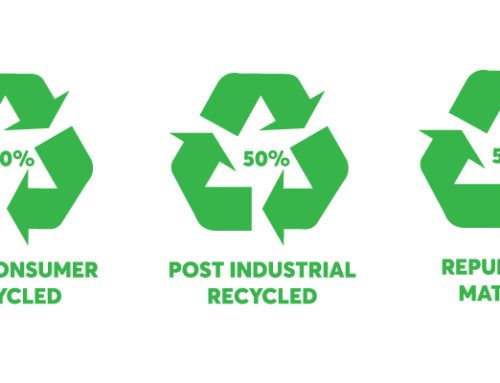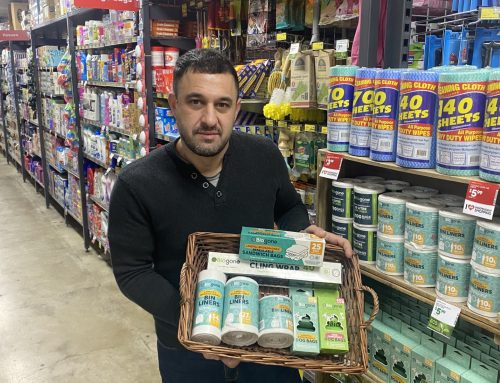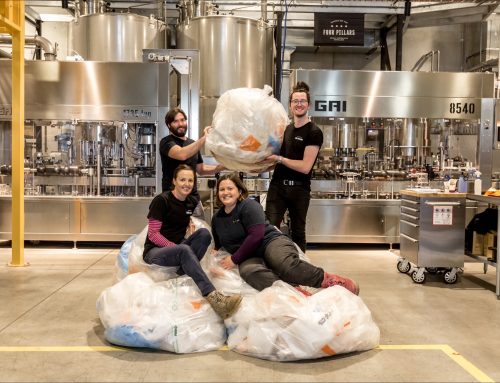For the First Press Coffee family, the caffeine gold they create is in their blood. Since 2013, First Press Coffee has been expertly creating bottled cold brew coffee products. The range includes straight cold brew coffee, plant-based iced coffee and an exquisite espresso martini range that First Press Coffee wholesales, not only locally, but to several countries worldwide.
First Press Coffee’s mantra is simple and that is to bring moments of inspiration and joy to the world’s coffee drinkers. But it is not only First Press Coffee’s core ingredient, coffee, that they are passionate about. It’s all the elements in their products’ journey and delivery that reflect and celebrates First Press Coffee’s passion in presenting A1 products to their valuable customer base.
And that even includes the way they wrap their pallets before distribution. First Press Coffee joined forces with Australia’s leading supplier of landfill-biodegradable plastics, Biogone, in using their pallet wrap to securely ship out the product to hundreds of outlets.
Choosing Biogone’s pallet wrap was a huge relief, according to Hamish Walmsley, Head of Operations and Co-founder, First Press Coffee.
“The team had spent a lot of time trying to find a company to take our soft plastics that we receive into the warehouse, however, we felt guilt-ridden about the wrappings stock that was going out knowing it was probably going to end up in landfill.”
“Having initially discovered the Biogone pallet tape at Officeworks, I swiftly purchased a six-pack which lasted a week. I decided to explore Biogone’s website, and I was blown away by the array of products on offer. Since then, I have been transitioning everything possible over to Biogone.”
“At First Press Coffee, we know we can’t solve the global problems, but we can at least stand by what we believe in and try to work with the environment we live in and maybe be as loud as possible where we can.”
“When it comes to the environmental aspect, we try as hard as we can to do the right thing by the environment, within the realms of what we can control and sometimes what we can afford. For instance, if I could afford it, I would love to put solar on the entire roof in an instant. However, it isn’t viable for a business of our size to pay upfront unless we have government subsidies, which will hopefully happen in the future. There are areas where we can have an impact today, like where we source our products and what we put into landfills. So having a solution to switch to landfill biodegradable plastics is a no-brainer and something I jumped on the moment I could.” Hamish added.
For Hamish, he has three pieces of advice for companies who want to amplify their sustainable message and action plan.
“Firstly, keep asking questions. I spent 18 months, from 2018, trying to find someone that could take our soft plastics to the point we had about 30 x 240L bins worth filling up the warehouse. After speaking to more than 20 people and getting similar responses of either, ‘No that doesn’t happen in Australia’ or ‘Keep looking but sadly not yet,’ I found someone who was recycling soft plastics. It was a journey and I am very glad I stuck it out but if I had listened to the first person, I would have never found a solution and we would have put tons more plastics into landfill.”
“Secondly, set an intention. Something might not be possible today but put it in a plan/goal. For instance, we know we can’t walk away from plastic today, but we have an intention to when it’s functionally possible as new technology becomes available then we can action that.”
“And finally, speak out. You might not be able to make the biggest impact but your voice is strong and you never know who you might influence in the quest to get to a circular economy.”


